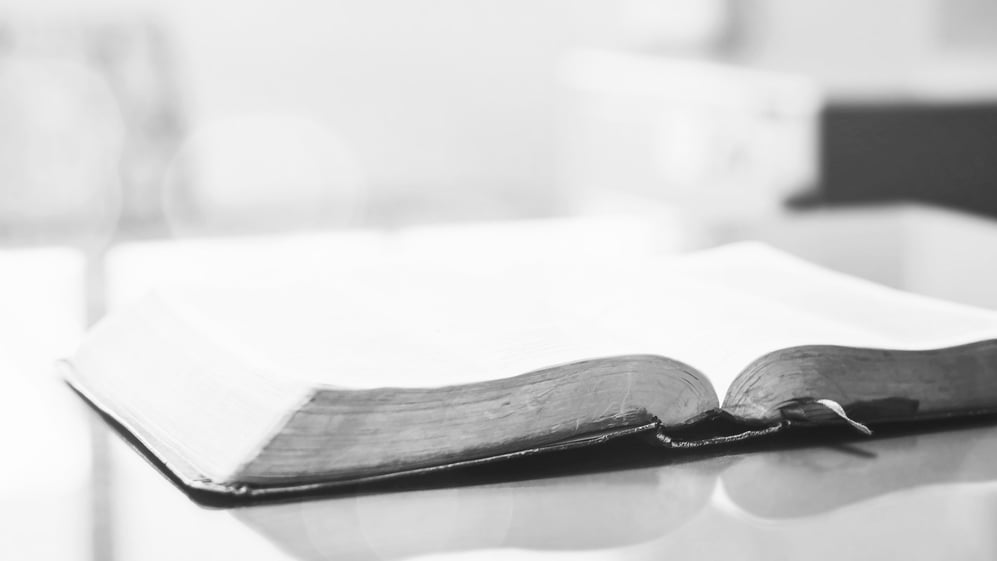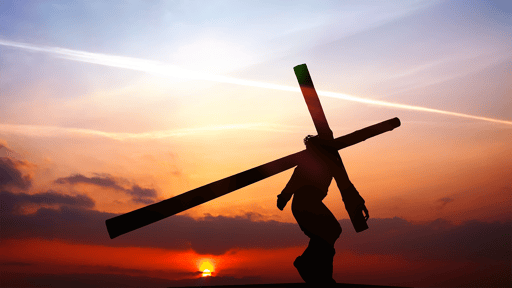As we celebrate the Holy Trinity today, we read a devotion adapted from Theological Commonplaces: On the Nature of God and on the Trinity.
Scripture Readings
Genesis 1:1–2:4a
Psalm 8
Acts 2:14a, 22–36
Matthew 28:16–20
Introduction
We believe, teach, and confess the truth that God is three persons in one divine essence. Though we may never be able to fully understand this mystery of the Trinity, we hold fast to God’s Word and give thanks for the truth He has revealed to us.
Devotional Reading
All who are to be saved must know and believe the mystery of the Trinity.
We exclude not only denial but also ignorance of the Trinity from humans who are to be saved. We do not require a perfect, full apprehension and intuitive knowledge of this mystery from those who are going to be saved, because we cannot be brought to that in this life (Exod. 33:20; 1 Cor. 13:9). However, we are asserting no more than this: that for the catholic faith, which is necessary for all who are to be saved, there must be not a confused and implicit but a distinct and explicit knowledge and confession of the three persons of the Godhead.
We demonstrate this: (1) From the definition of God handed over in the Scriptures. Whoever does not know the mystery of the Trinity does not know God as He has revealed Himself in His Word nor does he know the definition of God given in the Scriptures. Therefore he is straying away from the true God and does not know God Himself.
(2) From the intimate and indissoluble union of the persons of the Trinity. There is no one of these persons outside another, nor can we know, worship, or call upon one of them without also at the same time knowing, worshiping, or invoking the others too.
(3) From the clear, emphatic statement of the Savior: “No one knows the Son except the Father, and no one knows the Father except the Son and anyone to whom the Son chooses to reveal Him” (Matt. 11:[27]). Therefore whoever does not know the Son of God does not know the Father and consequently does not know, worship, invoke, and honor the true God.
(4) From the description of the heathen outside the Church. From the light of nature, the heathen could have known that God is one and the same, good, just, and an avenger of wickedness. However, because they could not have known through the light of nature—but only in the light of grace—the mystery of the Trinity revealed in the Word, therefore Scripture takes away from them the salutary knowledge of God and attributes to them only pure ignorance with respect to saving knowledge.
(5) From the condition of this mystery. If we are ignorant of or deny the mystery of the Trinity, we are ignorant of or deny the entire economy of salvation. Surely, then, faith in and the confession of the Trinity are necessary.
(6) From the witness of the devout ancients. Athanasius, Symb.: “The catholic faith is this, that we worship the one God in Trinity and the Trinity in unity. Unless one keeps this faith whole and inviolate, he cannot be saved.”
Devotional reading is adapted from Theological Commonplaces: On the Nature of God and on the Trinity, pages 267–69. English translation © 2007 Concordia Publishing House. All rights reserved.





.jpg?width=50&height=50&name=IMG_20220621_160541_456%20(1).jpg)






